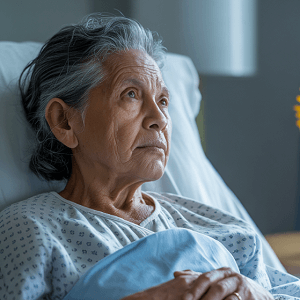A recent analysis has found that social determinants of health (SDH), including poverty, unemployment, and lack of access to healthcare, significantly increase an individual’s risk of cancer mortality over time, with Black Americans experiencing greater cancer mortality compared to White Americans.
According to the article, Black adults in the U.S. have double the poverty and unemployment rates as White adults, both of which independently raise the risk of cancer mortality. Limited access to healthcare also leads to later stage cancer diagnoses, further contributing to survival disparities.
The REGARDS study revealed that a greater number of SDH in the same individual increases their risk of cancer mortality, even among those 65 and older who are eligible for Medicare. Private insurance was found to have a significant protective effect against advanced cancer diagnoses.
Despite efforts such as smoking restrictions and cessation programs, the significant role of socioeconomic and racial/ethnic factors indicates that cancer inequalities will likely persist. Experts emphasize the urgent need for health policies that improve access to cancer screening in disadvantaged areas and address social and physical environments directly impacting cancer outcomes.
The National Institutes of Health continues to fund research to better understand the mechanisms by which lifestyle factors and comorbidities negatively affect cancer outcomes in underserved populations.
See “Effects of Social and Economic Deprivation on Cancer Mortality” (June 11, 2024)



